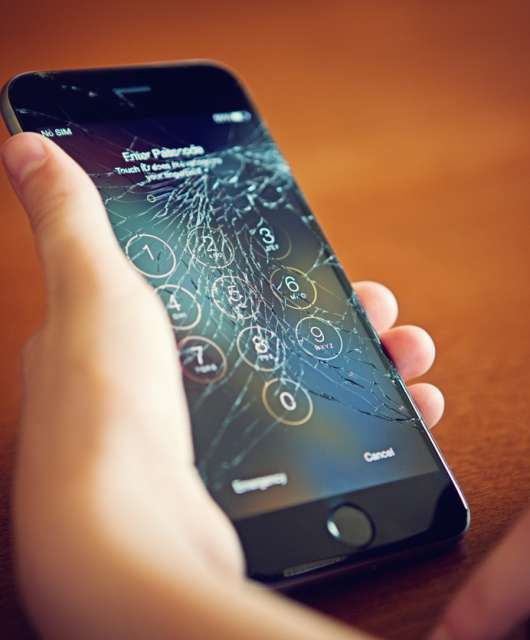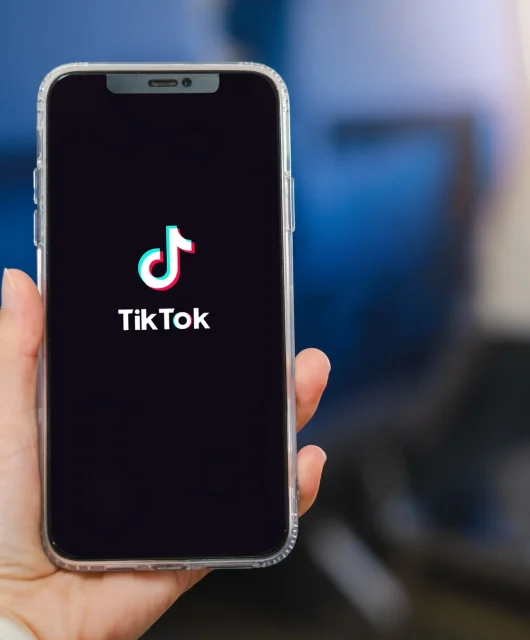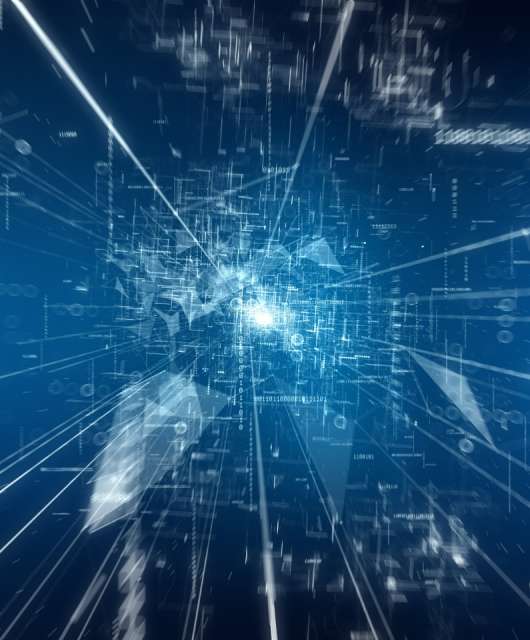Spring travel has been in full swing, and the FBI alerted travelers about the potential dangers hidden in public USB charging stations. Denver FBI’s office Twitter account warned spring breakers that bad actors could use charging stations to infect devices with malicious code and monitoring software.
Free powering options are often observed in places with high foot traffic, such as hotels, street kiosks, airports, shopping centers, and cafeterias. This type of cybercrime is known as juice jacking, and it is not new to the authorities, but it continues to plague public spaces equipped with USB charging stations. Loading unwanted software onto an electrical device can brick it or provide unfettered access to the infected machine.
Malware could be deployed not only to smartphones and tablets but also to any portable electrical equipment that uses the charging port, including laptops. Many laptops, such as HP’s latest laptop editions and Apple’s MacBook, use USB-C ports vulnerable to hacker modifications.
Cyber thieves can hack a public charger station but cannot plant harmful devices onto electrical outlets. The FBI has made it clear that it is always preferable for travelers to carry their own chargers with USB cords and use electrical outlets instead. Portable power banks are also a safe and fairly inexpensive option to cut reliance on public USB charging ports. Making sure that travelers hit the “Don’t trust this device” when connecting via USB to public ports is also a must – this is one way to tell the device this is an unsecured public port and that it should not share any of the device’s content.
Another way to avoid malware making its way to your smart devices is by having an antivirus solution on your connected devices. When purchased by reputable brands in the antivirus industry, such protection layers can prevent hackers from infecting smart devices using compromised public charging ports.
This is not the only danger affecting high-foot-traffic spaces. Common areas also often come with free public WiFi that thieves could monitor. FBI suggests that accessing unsecured networks brings many risks as the admin or anyone else with access to the network could easily see all the traffic going in and out of it. The data that goes back and forth between users and the internet could include information people might feel uncomfortable sharing, such as passwords, credit card details, etc.








